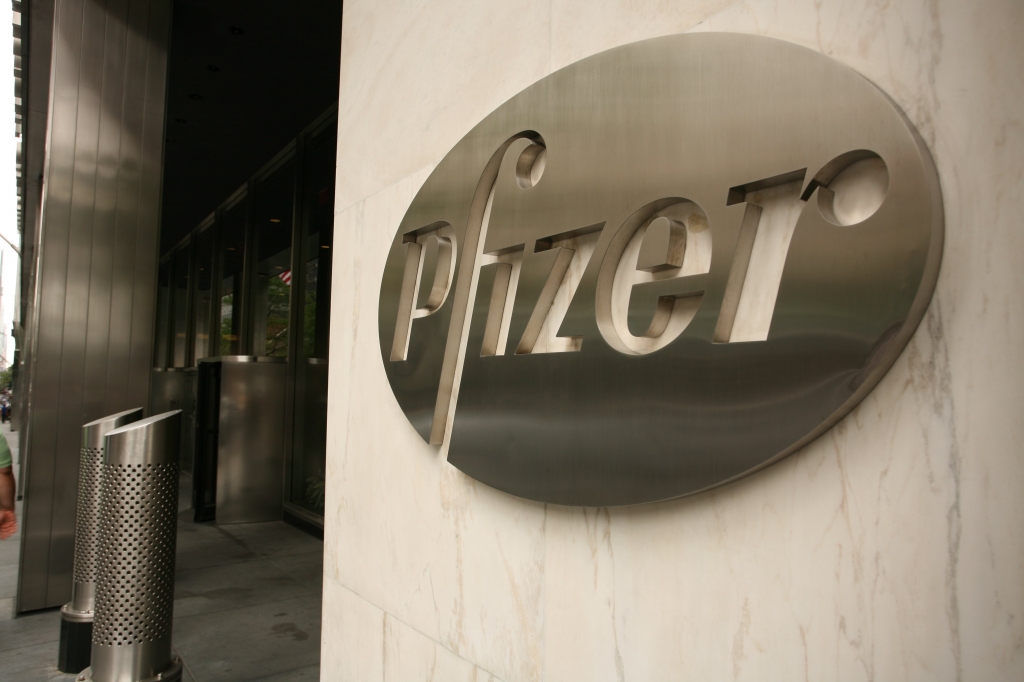-
Tips for becoming a good boxer - November 6, 2020
-
7 expert tips for making your hens night a memorable one - November 6, 2020
-
5 reasons to host your Christmas party on a cruise boat - November 6, 2020
-
What to do when you’re charged with a crime - November 6, 2020
-
Should you get one or multiple dogs? Here’s all you need to know - November 3, 2020
-
A Guide: How to Build Your Very Own Magic Mirror - February 14, 2019
-
Our Top Inspirational Baseball Stars - November 24, 2018
-
Five Tech Tools That Will Help You Turn Your Blog into a Business - November 24, 2018
-
How to Indulge on Vacation without Expanding Your Waist - November 9, 2018
-
5 Strategies for Businesses to Appeal to Today’s Increasingly Mobile-Crazed Customers - November 9, 2018
Pfizer and Allergan scrap $160bn ‘inversion’ deal
Just days after the U.S. Department of the Treasury and President Barack Obama introduced new measures to fight tax inversion, the deal that would have been the biggest pharmaceutical acquisition in history is no more. “The decision was driven by the actions announced by the U.S. Department of Treasury on April 4, 2016, which the companies concluded qualified as an “Adverse Tax Law Change” under the merger agreement”.
Advertisement
Allergan, which is run from New Jersey but has a legal domicile in Dublin, past year agreed to merge with Pfizer in a deal that would have given the New York-based company a foreign address and a lower tax rate.
Later, speaking to CNBC news, Saunders said that the U.S. has targeted the deal in their new rules: “It really looked like they did a very fine job of constructing a rule here – a temporary rule – to stop this deal, and obviously it was successful”.
The US corporate tax rate of 35% is one of the highest in the world, and compares with Ireland’s rate of 12.5%. One company buys a rival based in a different country with a less onerous tax policy.
Others, however, believe that if the new rules are not ultimately watered down, global tax planners – as is their wont – will find ways amid a myriad of tax regimes globally to get around the limitations.
The combination also had nontax benefits for Pfizer, including access to Allergan’s portfolio of strongly growing products like antiwrinkle treatment Botox, dry-eye treatment Restasis and new irritable-bowel drug Linzess. Because of the massive size of the merger at $160 billion, the fees associated with managing and overseeing it were estimated to be around $350 million, with Pfizer paying about $120 million to $150 million and Allergan’s advisers splitting $160 million to $200 million.
Guggenheim Securities, Goldman Sachs, Centerview Partners and Moelis & Company have advised Pfizer, while JPMorgan and Morgan Stanley served as Allergan’s financial advisors. This affects Allergan, which has been enlarged by a series of deals culminating in a takeover of US-based Actavis past year.
“It sticks the rest of us with the tab”, the president said, when companies exploit loopholes like inversions.
Saunders singled out the provision in the rules that imposes a three-year limit on foreign companies bulking up on U.S. assets to avoid ownership requirements for a later inversions deal.
“Only Congress can close it for good”, he said, referring to the inversions loophole.
It was Pfizer’s third, and most expensive, failed attempt at an inversion, leaving analysts to speculate Pfizer will drop the strategy for good.
Pfizer was concerned that any tweaks to salvage its deal with Allergan might have provoked new rules by the Treasury, the source had told Reuters.
“In the past, the courts have tended to give significant deference to Treasury on how to interpret and apply their code”, said Adam Rosenzweig, a law professor at Washington University in St. Louis.
The Treasury also wants to address the practice of earnings stripping-using interest deductions to foreign headquarters to lower taxes.
Advertisement
Under the act’s bar, a company such as Pfizer would need to move forward with a merger, file a tax return, and then be assessed by the Internal Revenue Service before it could sue, lawyers said, and it is not clear whether shareholders could stomach the uncertainty for so long. That’s a transaction in which a smaller overseas company ostensibly buys a bigger USA company, after which the US company moves its nominal headquarters to the smaller firm’s home country.





























